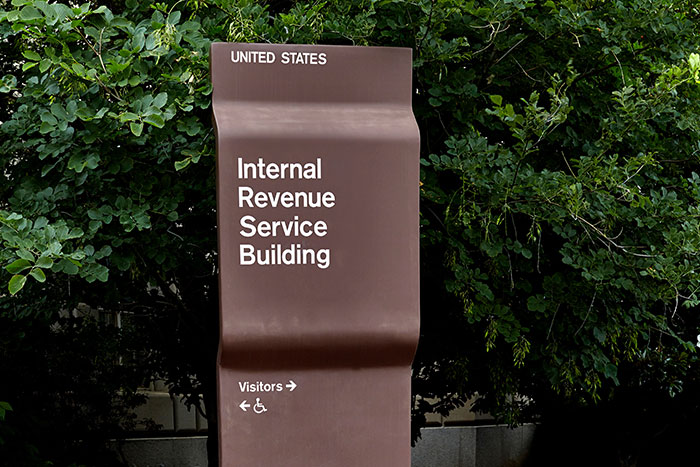Matt Eyet, Esq., founder of Eyet Law, was recently interviewed on Lawyers Who Care, the video show and podcast that highlights attorneys that go above and beyond for their clients.
You can check out the full video here, but keep reading for a recap of what you’ll get to see!
In the interview, Andrew Samalin, CFP of Samalin Wealth, spoke with Matt about his journey to becoming a tax lawyer. Because of the sheer volume of potentially applicable code sections, case law, and administration guidance surrounding tax, Matt sees every matter as being similar to a puzzle. Figuring out what applies, which code section does or doesn’t affect the case, and how best to move forward while adhering to the myriad of tax rules is all part of that strategy and solution.
In one instance, Matt represented someone who had Google searched for a tax lawyer. The client, having undergone a divorce, agreed to be solely responsible for the joint tax liability that was owed for several years leading up to the divorce. The client’s wife had been under the impression these taxes had been taken care of and hadn’t known about the owed taxes.
Given the situation, Matt worked with the wife to first request administrative relief, and ultimately to file a petition to absolve the wife of the tax liability. With this type of case, there are seven main factors that the IRS seeks to check in order to determine if the relief should be granted.
During the time the petition was pending, the wife attempted to purchase the condo she was currently renting and couldn’t get a loan because of the tax lien against her. But when Matt got a plea for help from her, he couldn’t say no, even though this task was outside the scope of what he was retained for. He drafted a letter to the bank. Given the compelling nature of the carefully crafted letter, the bank disregarded the tax liens and granted the loan.

Though the IRS wound up denying the initial request for administrative relief, Matt remained dedicated to the case and took it to the IRS Office of Appeals. After the appeal, the court only dismissed one of the three years of taxes owed, which still totaled over $160,000. Ever-committed to helping and serving his clients’ best interests, Matt took things one step further by filing a petition in U.S. Tax Court to resolve the remaining tax years. After Matt provided discovery and helped prepare both the client and ex-wife to testify, Chief Counsel’s Office at the IRS gave all the relief they requested for the wife.
While tax law can be black and white in many ways, these are the types of cases where the practical application of the tax rules and legal process make all the difference in the lives of clients.
Have a tax matter you need assistance with? Contact our experienced tax lawyers today.

